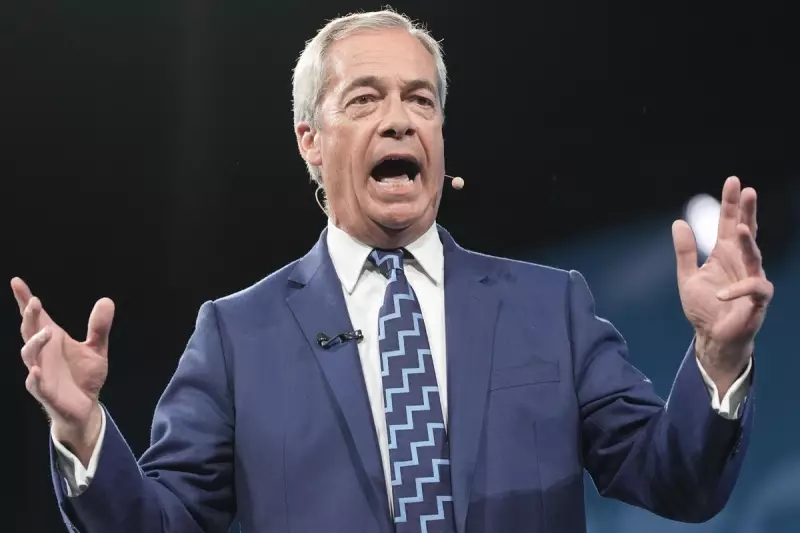
In a seismic political upset that has reshaped Britain's political landscape, Nigel Farage has been elected as the Member of Parliament for Clacton, securing his long-awaited place in the House of Commons on his eighth attempt.
The Reform UK leader stormed to victory with a commanding majority of 8,405 votes, utterly dominating the Essex coastal constituency that had been considered a Conservative stronghold. The result sends shockwaves through Westminster and represents Reform's first parliamentary seat.
A Historic Victory for Reform UK
Mr Farage's triumph marks a watershed moment for his party, which has campaigned heavily on issues of immigration control and Brexit implementation. Speaking to jubilant supporters after the result was announced, the veteran campaigner declared: "This is the beginning of the end for the Conservative Party."
The victory speech took direct aim at Prime Minister Rishi Sunak, with Farage proclaiming his win demonstrated that "there is a massive gap on the centre-right of British politics" that his movement intends to fill.
Conservative Collapse in Traditional Heartland
The Clacton result represents a catastrophic failure for the Conservatives, who finished a distant second despite having held the seat since 2017. The dramatic swing away from the governing party underscores the depth of voter dissatisfaction in traditionally loyal areas.
Political analysts are describing the result as one of the most significant of the election night, demonstrating Reform UK's ability to convert protest votes into tangible electoral success in key constituencies.
Farage's Parliamentary Journey
After seven previous failed attempts to enter Parliament, Mr Farage's success in Clacton represents the culmination of a three-decade political career that has fundamentally shaped British politics. As the architect of the Brexit campaign, his influence has been felt profoundly despite his absence from the Commons.
His election now gives him a platform within Parliament from which to challenge both the Conservative and Labour leaderships on issues ranging from immigration policy to economic reform.
What This Means for British Politics
Political commentators suggest that Farage's victory could signal the emergence of Reform UK as a permanent force in British politics, potentially threatening the Conservative Party's traditional base of support.
The result in Clacton may represent just the beginning of a broader realignment on the right of British politics, with Reform UK positioning itself as the natural home for disaffected Conservative voters and those seeking more robust immigration controls.
As the new parliamentary term approaches, all eyes will be on how Mr Farage uses his hard-won platform to influence the national debate and potentially reshape the political landscape for years to come.





